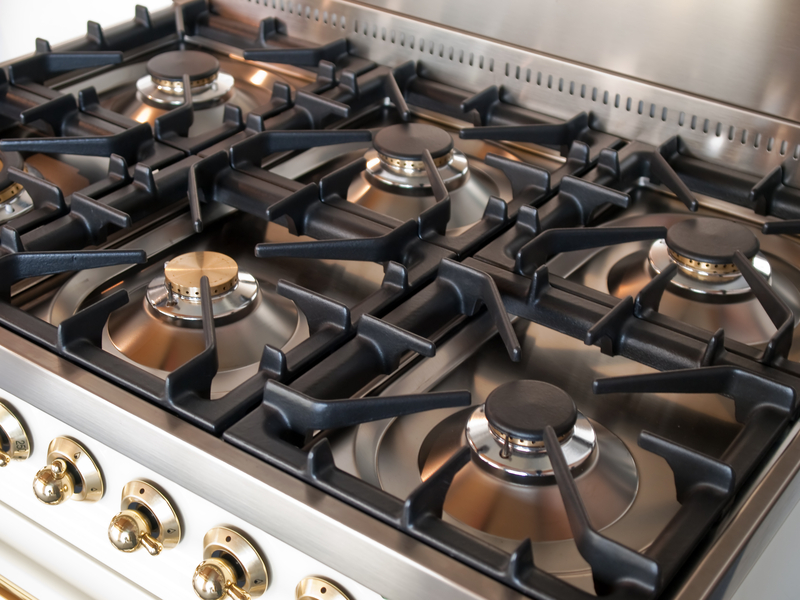TRENTON, NJ – New legislation, known as the “Healthy and Affordable Construction for Tomorrow Act,” has been introduced to amend the State Uniform Construction Code to curb the combustion of high-emission substances in new buildings. The New Jersey Commissioner of Community Affairs is tasked with revising the code to prohibit the burning of substances that emit over 25 kilograms of carbon dioxide per million British thermal units. This move is part of a broader strategy to reduce reliance on natural gas, improve indoor air quality, and enhance public health.
That means a push to electric stoves and appliances if passed.
Effective 12 months post-enactment for buildings under seven stories and 36 months for all others, this legislation will deny occupancy certificates to non-compliant structures. It addresses urgent environmental concerns such as air pollution and greenhouse gas emissions, which contribute to climate change, impacting crop yields, community safety, and global temperatures.
Additionally, the bill claims that switching to electric systems could offer substantial cost savings for residents, potentially reducing utility expenses by up to 41%, without an accompanying study.
Exemptions are specified for emergency and commercial food service facilities and other areas where compliance is technically or physically infeasible, although these exceptions are strictly regulated. All exempted areas must be electric-ready to the greatest extent possible.
The bill also mandates a joint report from the commissioner and the President of the New Jersey Board of Public Utilities to assess necessary changes in electric rate designs and subsidy programs to support this transition.

